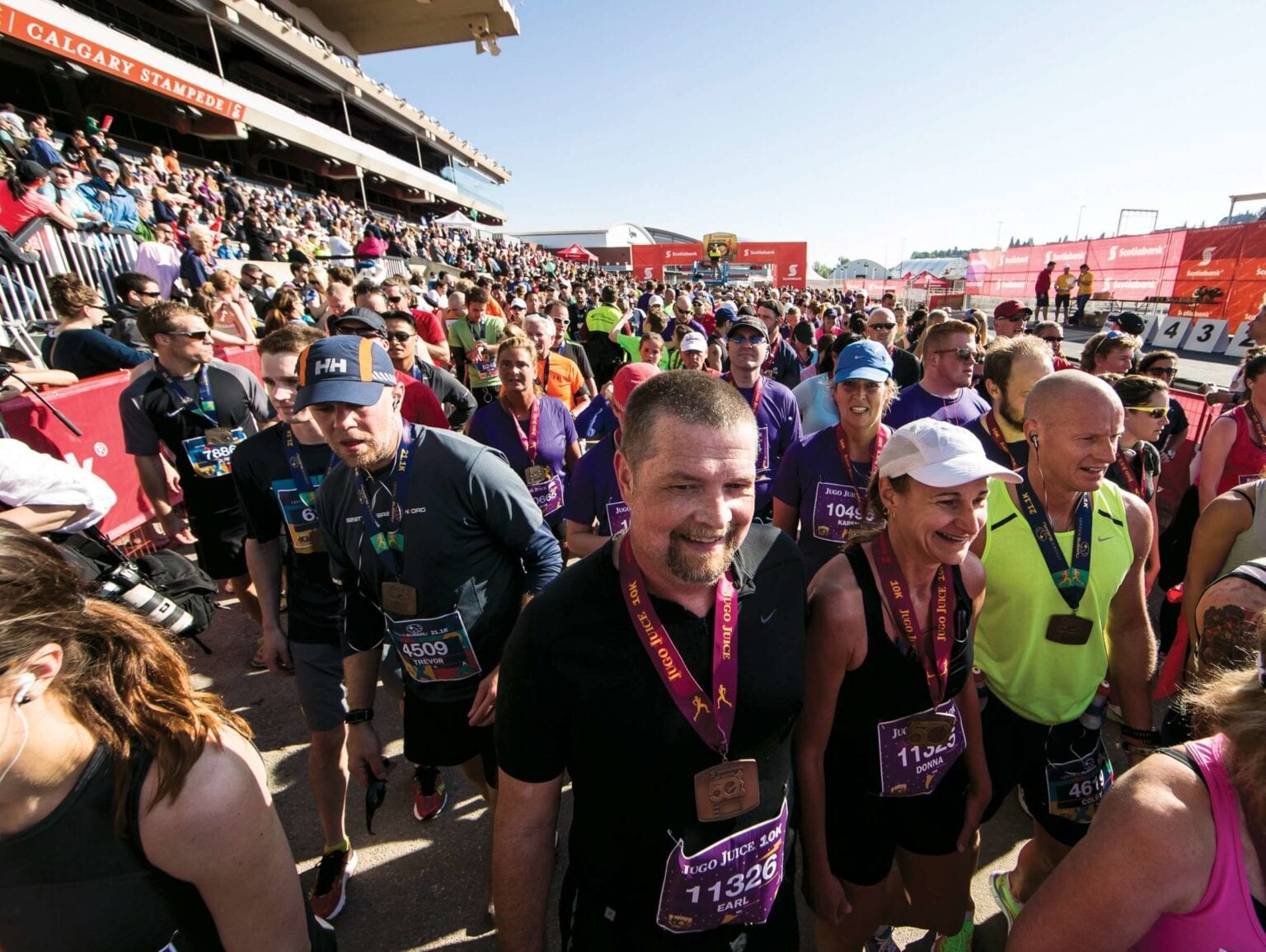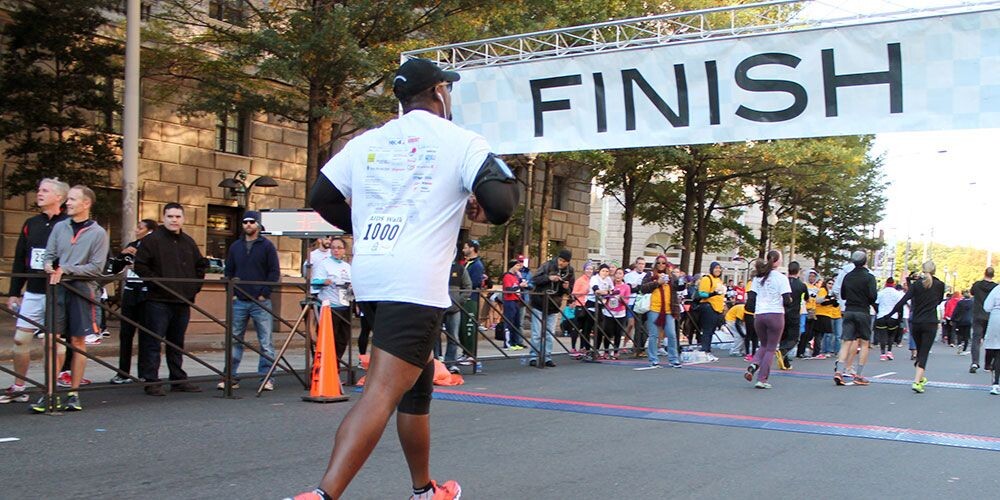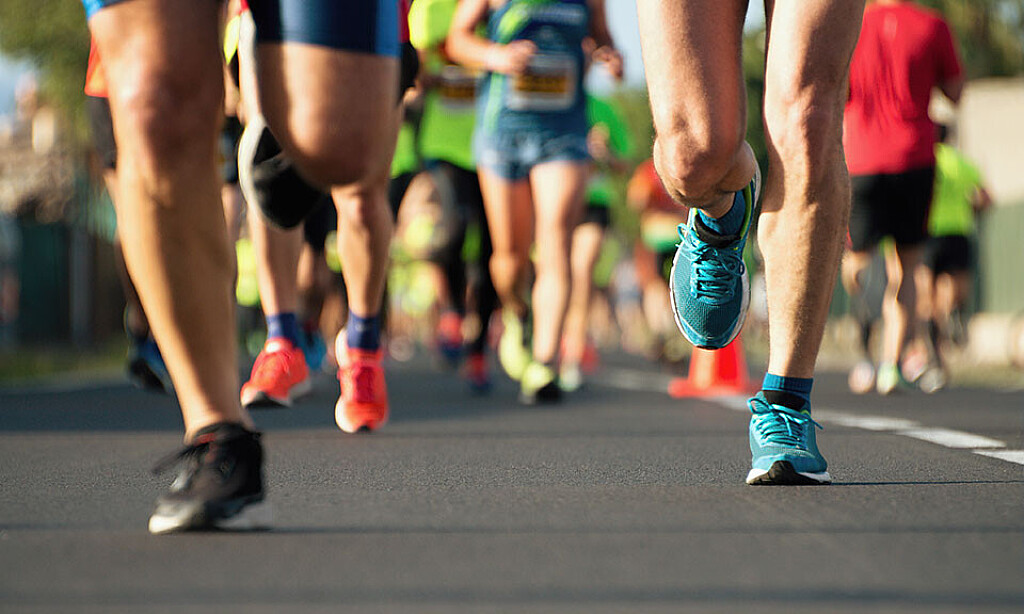Running News Daily
Running News Daily is edited by Bob Anderson. Send your news items to bob@mybestruns.com Advertising opportunities available. Train the Kenyan Way at KATA Kenya and Portugal owned and operated by Bob Anderson. Be sure to catch our movie A Long Run the movie KATA Running Camps and KATA Potato Farms - 31 now open in Kenya! https://kata.ke/
Index to Daily Posts · Sign Up For Updates · Run The World Feed
What can happen to your body after running a marathon?
It’s no secret that running a marathon is stressful for your body and anyone who’s completed 42.2K can probably tell you what it’s like trying to walk down stairs the day after the race.
But what exactly happens to your body in the minutes, hours and days following a marathon? Understanding these changes can help you optimize your recovery to prevent injuries and get you back out on the roads sooner.

Your levels of inflammation increase
HsCRP is a biomarker that measures the body’s general levels of inflammation. HsCRP levels usually peak within 24 hours after intense exercise, and one study has shown that after a marathon, runners’ HsCRP levels remained higher than their baseline levels for eight days after the race.

Your body is stressed out
Cortisol, otherwise known as the stress hormone, increases as a response to stressors of all kinds, including the physical stress of running a marathon. This is a good thing during your marathon, but it can delay recovery if your cortisol levels remain high after you’re done. For this reason, you should do your best to relax after a marathon — take a nap, a warm bath or whatever you want to get your feet up and calm your body down. Cortisol levels can remain high for a few days, so take it easy and avoid doing anything too strenuous for several days after your race is over.
Your testosterone levels decrease
Training can increase testosterone levels, but studies show that after a long race like a marathon, testosterone levels can drop significantly. In fact, they tend to decrease proportionally to the increase in cortisol levels. Testosterone is important for both male and female runners, and low levels of the hormone are associated with poor recovery, slow improvements in fitness level and an increased risk of injury. Testosterone levels can take a long time to recover, so give yourself at least a couple of weeks off after a marathon to allow things to go back to normal.
You’ve likely got some muscle damage
Creatine kinase is an enzyme stored in your muscle tissue that leaks into your bloodstream during high-intensity exercise. This is a normal process and a moderate increase is nothing to worry about, but high levels are an indication that muscle damage has occurred. Typically, creatine kinase levels tend to peak around 24 hours after exercise, but after a marathon, studies show they can remain elevated for up to six days. This is another reason why you should avoid doing anything strenuous in the days after your marathon since you could be risking damaging your muscles even further.
What does this mean for runners?
All of these changes are normal after a marathon, so you shouldn’t let them scare you away from completing a 42.2K race. The important takeaway here is that marathons are stressful on your body, so you need to prepare well ahead of time and take your post-race recovery seriously if you want to avoid injuries.
by Brittany Hambleton
Login to leave a comment




